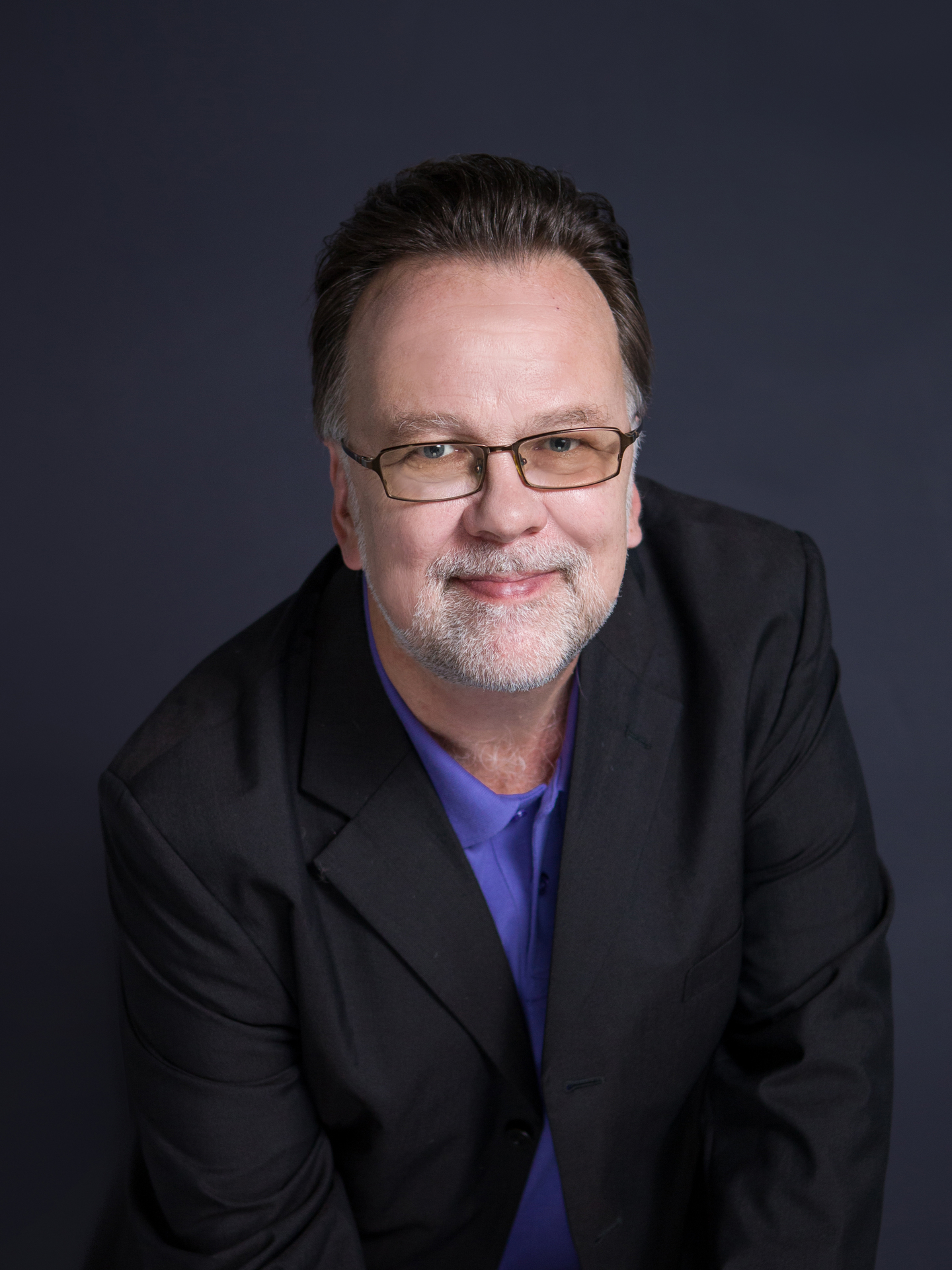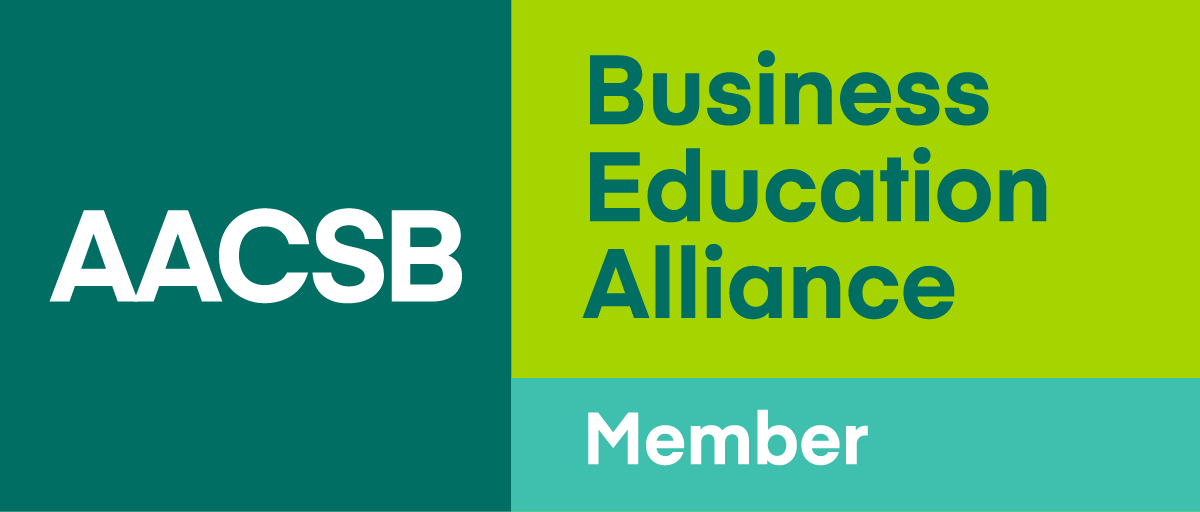【Interview】New Faculty: Professor David Andersson (International Program)

This year we have a new faculty member joined GHRM English MBA Program – Professor David Andersson. We are glad to introduce him to those who haven’t met or taken his classes yet.
Dr. Andersson says it is difficult for him to say where he is from, as he who grew up in three different countries and has lived in five more as an adult. He was born in the small town of Vanersborg in Sweden, but Tainan, Taiwan is the place where he has lived the longest - 10 years. What is more interesting – Professor Andersson’s disciplinary background is equally complicated: his first degree was in statistics and PhD was in urban and regional planning, but he has been teaching mostly economics and management courses. “So let's just say that I'm a European who has spent 25 years in Asia. Eurasian?” – concludes Dr. Andersson.
We were glad to hear when Professor David said that southern Taiwan and NSYSU particularly are the best places for him: “I'm finally old enough to know what I like. And I like Taiwan, particularly southern Taiwan! I think it's not a coincidence that Taiwan was recently ranked as the best country for expats. It's just a good place to live in so many different ways: the climate in this part of Taiwan is better than anywhere else in Asia; people are friendly; the food is good; it's relatively affordable; the health care system is top-notch; it's one of the few liberal democracies in this part of the world and the list goes on…
I can only compare NSYSU with the other 6 universities I have worked for and the 3 universities at which I studied. What I like most is the autonomy given to faculty in terms of their research direction and teaching content. While this is generally similar to research universities in the U.S., it is much less common in other parts of the world, especially regarding teaching. In many places, there are standardized syllabi, compulsory assessment methods and so on and so forth, which makes it much less interesting to teach if you have ideas that go beyond popular textbooks. But then of course there is also the location. It's simply the best location for a campus anywhere. It's equally close to the sea, a nature reserve, and the downtown area of a major city. I can't think of anyplace anywhere else with that combination of locational attributes.
Interestingly, this is my third time with NSYSU. I was an adjunct professor here for one semester back in 2006, then I was a full-time professor from 2008 to 2012, and now I'm back again since August 2019. It was and remains my favorite university. Nice colleagues, a supportive environment and a superb natural setting all play a part.”
David’s impression about NSYSU students and relationships with other Universities seems to be very warm and encouraging: “Students are students, although NSYSU students tend to be a bit better motivated than the global average. What really stands out, however, is the way that NSYSU acts as a bridge between Taiwan and two of the world's most interesting regions. On the one hand, the European connection is surprisingly strong. For example, there are exchange agreements with four Swedish universities, including my own alma mater. NSYSU also has particularly strong connections to France, the Netherlands, and Austria. On the other hand, NSYSU serves as a gateway to the ASEAN countries, with lots of southeast Asians students, including relatively distant ones such as Indonesia. This is fitting, since Kaohsiung is probably the economic node outside of ASEAN that has the best access to that region. For example, Kaohsiung is less than 300 km from the nearest town in the Philippines, and both Manila and Hanoi can be reached in about 2 hours by air.”
Now Professor Andersson teaches the following subjects: “World Economy”, “Cross-cultural Management” and “European Markets”. These are all new courses for him, and he enjoys them all. In general, Dr. Andersson likes courses that combine elements from several of the disciplines that jointly provide the theoretical foundation for more applied business-related topics: “The most important disciplines in this context would be economics, psychology and sociology” – he explains.
When asked a question about Chinese speaking ability, Professor gave motivating and joyful answer: “I can have a conversation in Chinese, as long as it deals with everyday stuff like food or movies or the weather. But don't ask me to explain the meaning of heteroskedasticity in Chinese! I'm not very good at reading Chinese characters. Street signs are OK, except when they are not. My advice to those who want to learn Chinese would be to focus on spoken Chinese, which is relatively straightforward. The pronunciation can be challenging (the four tones), but the grammar is the easiest part of Chinese (it's like the opposite of German or Russian).”
Dr. Andersson concludes his interview with his favorite saying: "Life is what happens to you while you're busy making other plans." In other words, don't plan too much. Something else will always come up. This could refer to all sorts of unanticipated people, jobs, passions or obstacles. While this is a quote from a John Lennon song, its first known appearance was in a Reader's Digest article in the 1950s.”




